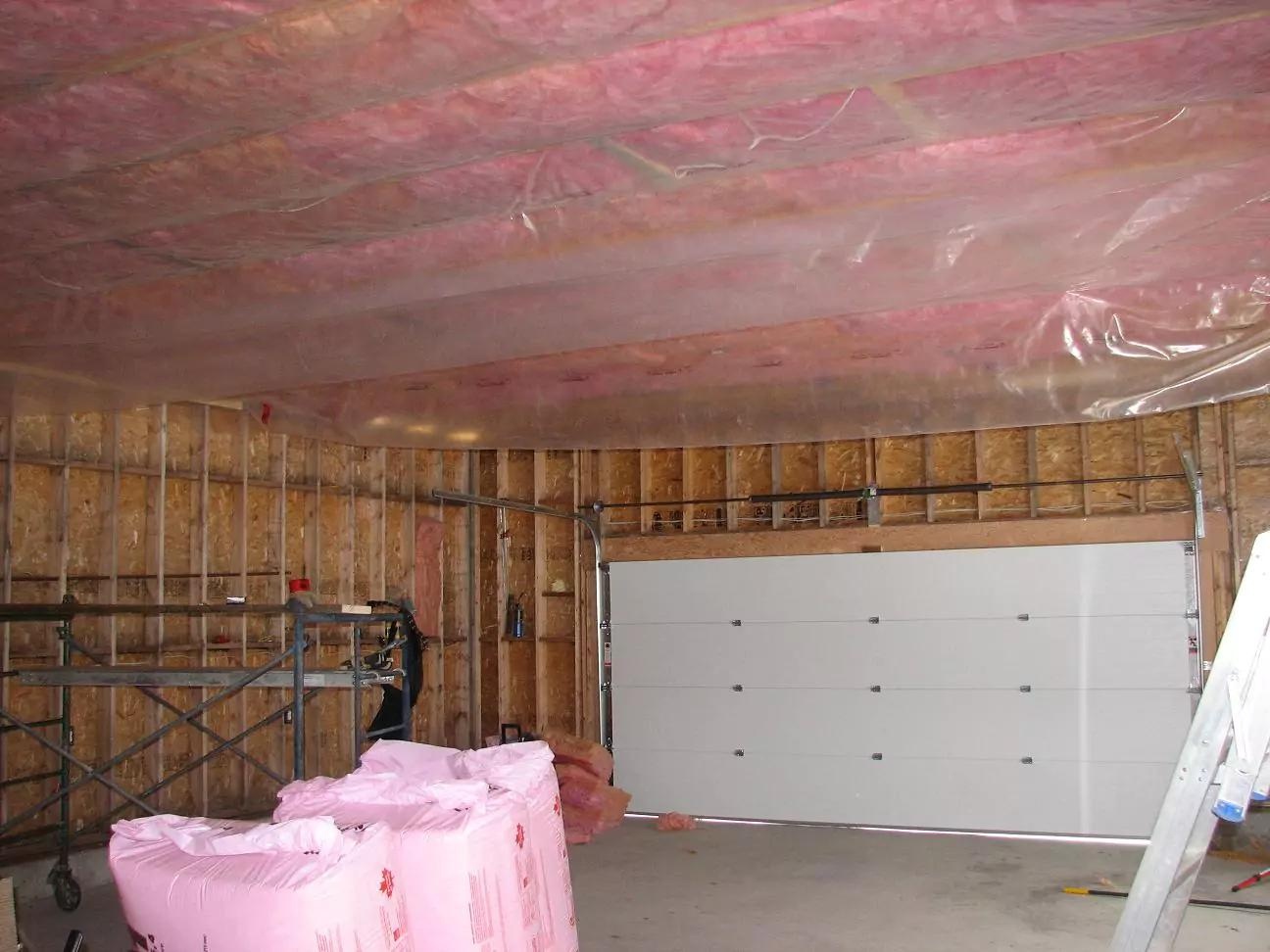

Articles
What Insulation Is Best For Garage Walls
Modified: October 28, 2024
Looking for the best insulation for your garage walls? Read our informative articles to discover the top solutions and make an informed decision.
(Many of the links in this article redirect to a specific reviewed product. Your purchase of these products through affiliate links helps to generate commission for Storables.com, at no extra cost. Learn more)
Introduction
When it comes to insulating your garage walls, choosing the right material is crucial. Adequate insulation not only helps regulate the temperature in your garage but also prevents heat loss, reduces energy consumption, and provides a barrier against noise and moisture. With several insulation options available in the market, understanding the different types and their benefits can help you make an informed decision.
In this article, we will explore various insulation options for garage walls and discuss their advantages and considerations. Whether you use your garage as a workshop, storage space, or even a home gym, finding the best insulation material can greatly enhance its functionality and comfort.
Factors to Consider
- R-Value: This measures the insulation material’s ability to resist heat transfer. The higher the R-value, the better the insulation.
- Moisture Resistance: Garage walls are exposed to moisture and fluctuating humidity levels. Choosing an insulation material that is resistant to moisture can prevent mold and mildew growth.
- Fire Safety: Considering the flammability of the insulation material is important for safety reasons.
- Ease of Installation: Some insulation materials are easier to install than others. Depending on your DIY skills and availability of tools, you may want to choose a material that is more user-friendly.
- Budget: Cost is an important factor to consider. Understanding the upfront and long-term costs of different insulation options can help you make a financially feasible decision.
Now, let’s explore some of the popular insulation materials used for garage walls:
Key Takeaways:
- Choose spray foam insulation for superior thermal resistance, moisture barrier, and soundproofing. Professional installation is needed, but it offers long-term energy savings and enhances garage efficiency.
- Rigid foam insulation provides high R-value, durability, and moisture resistance. Consider additional fire safety measures and long-term energy savings for a well-insulated and efficient garage.
Read more: What Is The Best Insulation For Garage Doors
Factors to Consider
When deciding on the best insulation for your garage walls, there are several factors to take into consideration. Understanding these factors can help you make an informed decision that aligns with your specific needs and preferences. Here are some key factors to consider:
- R-Value: The R-value of insulation refers to its thermal resistance, or how well it resists heat transfer. The higher the R-value, the better the insulation. When selecting insulation for your garage walls, consider the climate in your area and the desired level of insulation to ensure optimal temperature regulation.
- Moisture Resistance: Garages are often exposed to moisture, whether from rain, snow, or humidity. It is important to choose an insulation material that is moisture-resistant to prevent water damage, mold, and mildew growth. Some materials, like closed-cell spray foam insulation, provide an effective moisture barrier.
- Fire Safety: Another crucial factor to consider is the fire safety of the insulation material. Look for options that have a higher fire resistance rating. Certain materials, such as cellulose insulation, can provide good fire protection, while others may require additional fireproofing measures.
- Ease of Installation: Consider your DIY skills and the complexity of the installation process when choosing an insulation material. Some materials, like fiberglass insulation, can be easily installed by homeowners with basic tools and knowledge. However, others, such as spray foam insulation, may require professional installation.
- Noise Reduction: If you plan to use your garage as a workshop or hobby space, noise reduction may be important. Look for insulation materials that have good soundproofing properties to minimize noise transmission from outside or inside the garage.
- Budget: Lastly, consider the cost of the insulation material and installation. Evaluate the upfront cost, long-term energy savings, and potential return on investment. While some materials may have a higher initial cost, they may provide greater energy efficiency and savings over time.
By considering these factors, you can narrow down your options and choose the insulation material that best suits your garage and budget. Now, let’s explore some popular insulation materials for garage walls.
Fiberglass Insulation
Fiberglass insulation is one of the most common and affordable options for insulating garage walls. It is made of tiny glass fibers that are woven together to form a fluffy material. Here’s what you need to know about fiberglass insulation:
Advantages:
- Cost-effective: Fiberglass insulation is relatively inexpensive compared to other insulation materials, making it a popular choice for budget-conscious homeowners.
- Good thermal resistance: Fiberglass has a high R-value and provides effective insulation against heat transfer, helping to maintain a comfortable temperature inside the garage.
- Easy to install: This type of insulation is available in pre-cut batts or rolls, making it easy for DIY installation. It can be simply placed between wall studs or stapled into place.
- Sound dampening properties: Fiberglass insulation can help reduce noise transmission, making your garage quieter, especially if you use it for woodworking or other loud activities.
Considerations:
- Prone to moisture absorption: Fiberglass insulation can absorb moisture, reducing its effectiveness and potentially leading to mold or mildew growth. It’s important to ensure proper moisture barriers are in place.
- Health concerns: Fiberglass is made of tiny glass fibers that can cause skin irritation and respiratory issues if inhaled. It is essential to wear protective clothing and a mask during installation.
- Air infiltration: Fiberglass insulation can allow some air leakage, reducing its overall efficiency. Proper sealing of gaps and cracks is necessary to maximize its performance.
Overall, fiberglass insulation is a cost-effective and widely available option for insulating garage walls. While it offers good thermal resistance and easy installation, it’s important to address potential moisture issues and take necessary precautions during installation. If these considerations align with your requirements, fiberglass insulation can be an excellent choice for your garage walls.
Spray Foam Insulation
Spray foam insulation is a versatile and efficient option for insulating garage walls. It is a liquid foam that expands upon application, creating a solid barrier that seals gaps and provides excellent insulation. Here’s what you need to know about spray foam insulation:
Advantages:
- Superior insulation: Spray foam insulation offers one of the highest R-values among insulation materials. It forms an airtight seal, preventing air leakage and providing excellent thermal resistance.
- Moisture barrier: Closed-cell spray foam insulation acts as a moisture barrier, preventing water infiltration and protecting against mold and mildew growth. It is especially beneficial in garages located in areas with high humidity or prone to moisture issues.
- Soundproofing: Spray foam insulation has great sound-dampening properties, reducing noise transmission and creating a quieter environment in your garage.
- Seamless installation: The liquid foam expands and adheres to the walls, filling all the gaps and cavities. This seamless installation ensures that there are no areas left uninsulated.
Considerations:
- Professional installation: Spray foam insulation requires professional installation due to the specialized equipment and knowledge required. Hiring a professional ensures proper application and avoids potential issues.
- Cost: Spray foam insulation is generally more expensive upfront compared to other insulation materials. However, it provides long-term energy savings and can increase the value of your home.
- Curing time: After application, spray foam insulation requires time to fully cure and harden. It is important to follow the manufacturer’s instructions and allow sufficient curing time before finishing the walls.
- Odor and off-gassing: During the installation process, spray foam insulation can release an odor and off-gas volatile organic compounds (VOCs). Proper ventilation is necessary during and after installation to minimize any potential risks.
Spray foam insulation is an excellent choice for those looking for superior insulation performance and effective moisture barrier properties. While it requires professional installation and comes with a higher upfront cost, it offers long-term benefits and can greatly enhance the energy efficiency of your garage.
When insulating garage walls, consider using foam board insulation for its high R-value and moisture resistance. It’s easy to install and provides effective thermal insulation.
Rigid Foam Insulation
Rigid foam insulation, also known as foam board insulation, is a durable and effective option for insulating garage walls. It is made of polystyrene, polyurethane, or polyisocyanurate foam and comes in rigid panels or boards. Here’s what you need to know about rigid foam insulation:
Advantages:
- High R-value: Rigid foam insulation has a high R-value, providing excellent thermal resistance and helping to maintain a consistent temperature in your garage.
- Moisture resistant: Unlike some other insulation materials, rigid foam is inherently moisture resistant, making it a suitable choice for garages that may be exposed to moisture or prone to condensation.
- Durable: Rigid foam insulation is long-lasting and resistant to rot, mold, and insects. It can withstand impact and provides added structural support to the walls.
- Easy installation: Foam boards can be cut to size and easily installed on garage walls. They can be attached with adhesive, screws, or specialized fasteners. The lightweight nature of rigid foam makes the installation process relatively simple.
Considerations:
- Cost: Rigid foam insulation tends to have a higher upfront cost compared to other insulation materials. However, its long-term energy savings and durability can offset the initial investment.
- Vapor barrier: Rigid foam insulation on its own does not act as a vapor barrier. It is important to install a separate vapor barrier to prevent moisture from entering the wall cavities.
- Fire resistance: While rigid foam insulation is generally fire-resistant, some types may release toxic fumes when exposed to high temperatures. Look for fire-rated foam boards or consult with professionals to ensure adequate fire safety measures.
- Environmental impact: Rigid foam insulation is made from petroleum-based materials and is not biodegradable. Consider environmentally friendly options or recycling programs to minimize the environmental impact.
Rigid foam insulation offers excellent insulation performance, moisture resistance, and durability for garage walls. While it may have a higher upfront cost and additional considerations, its long-lasting properties and energy-saving benefits make it a worthy investment for your garage.
Read more: What Insulation For Garage Ceiling
Cellulose Insulation
Cellulose insulation is an eco-friendly and efficient option for insulating garage walls. It is made from recycled paper, typically treated with fire-retardant chemicals, and is blown or sprayed into wall cavities. Here’s what you need to know about cellulose insulation:
Advantages:
- Eco-friendly: Cellulose insulation is made from recycled materials, reducing waste and minimizing environmental impact. It is a sustainable choice for those seeking greener insulation options.
- Excellent thermal resistance: Cellulose has a high R-value, providing effective insulation and helping to regulate temperatures in your garage.
- Fire retardant: Cellulose insulation is treated with fire-retardant chemicals, making it resistant to ignition and reducing the spread of flames. This added fire safety feature can provide peace of mind.
- Soundproofing properties: Cellulose insulation can effectively reduce noise transmission, creating a quieter environment in your garage, especially if you use it for activities that generate noise.
Considerations:
- Moisture sensitivity: Cellulose insulation is prone to moisture absorption, which can reduce its effectiveness and lead to mold or mildew growth. Proper vapor barriers should be installed to prevent moisture infiltration.
- Professional installation: Although cellulose insulation can be installed as a DIY project, professional installation may be recommended to ensure proper coverage and maximize its performance.
- Allergy concerns: Some people may have allergies or sensitivities to the cellulose fibers used in insulation. It is important to take necessary precautions and wear protective equipment during installation.
- Potential settling: Over time, cellulose insulation may settle, reducing its efficiency. Regular maintenance and inspection can address any settling issues and restore the insulation’s performance.
Cellulose insulation offers a sustainable and effective solution for insulating garage walls. Its thermal resistance, fire retardant properties, and soundproofing capabilities make it a versatile choice. However, it is important to address potential moisture concerns and ensure proper installation for optimal performance.
Reflective Insulation
Reflective insulation is a unique type of insulation that utilizes reflective materials, such as aluminum foil or metallic coatings, to reduce heat transfer through reflection. It is commonly used in climates with hot summers to keep the garage cooler. Here’s what you need to know about reflective insulation:
Advantages:
- Reflects heat: Reflective insulation works by reflecting radiant heat away from the garage, helping to keep the space cooler in hot weather.
- Lightweight and easy installation: Reflective insulation is lightweight and easy to install. It typically comes in rolls or sheets that can be cut and secured with adhesive or staples.
- No moisture absorption: Reflective insulation is resistant to moisture absorption since it does not have absorbent materials. This makes it ideal for garages in humid environments.
Considerations:
- Dependent on air gaps: Reflective insulation requires an air gap to be effective. It should be installed with proper spacing from the wall surface to create a reflective air barrier.
- No thermal resistance on its own: Reflective insulation primarily works by reflecting radiant heat, but it does not provide significant thermal resistance on its own. It is often combined with other insulation materials for maximum effectiveness.
- Limited insulation in colder climates: Reflective insulation is best suited for hot climates where the goal is to keep the heat out. In colder climates, it may not provide sufficient insulation to keep the garage warm.
Reflective insulation is a suitable option for garages in hot climates or for homeowners looking to reduce heat gain. While it may not be as effective in colder climates or as a standalone insulator, it can complement other insulation materials to achieve better thermal performance. If your main concern is heat reduction, reflective insulation can be a practical choice for insulating your garage walls.
Conclusion
Choosing the right insulation for your garage walls is essential for maintaining a comfortable and functional space. Each insulation material discussed in this article has its own advantages and considerations. Let’s summarize the key points:
- Fiberglass insulation: It is cost-effective, easy to install, and offers good thermal resistance. However, it can be prone to moisture absorption and may require proper sealing.
- Spray foam insulation: It provides superior insulation, acts as a moisture barrier, and has excellent soundproofing properties. Professional installation is necessary, and it has a higher upfront cost.
- Rigid foam insulation: It offers high R-value, durability, and moisture resistance. However, it can be more expensive and may require additional measures for fire safety.
- Cellulose insulation: It is eco-friendly, provides good thermal resistance, and has soundproofing properties. Moisture sensitivity and potential settling should be addressed for optimal performance.
- Reflective insulation: It reflects radiant heat and is lightweight. It works best in hot climates and should be combined with other insulation for better thermal resistance.
Ultimately, the best insulation for your garage walls will depend on your specific needs, budget, and climate. Consider factors such as R-value, moisture resistance, fire safety, ease of installation, and soundproofing to make an informed decision. Additionally, it may be beneficial to consult with a professional to assess your garage and recommend the most suitable insulation option.
By selecting the right insulation material, you can enhance the energy efficiency, thermal comfort, and noise reduction in your garage. Take the time to evaluate your options and choose the insulation that best suits your requirements. A well-insulated garage will not only provide a comfortable space but also contribute to energy savings and overall environmental sustainability.
Frequently Asked Questions about What Insulation Is Best For Garage Walls
Was this page helpful?
At Storables.com, we guarantee accurate and reliable information. Our content, validated by Expert Board Contributors, is crafted following stringent Editorial Policies. We're committed to providing you with well-researched, expert-backed insights for all your informational needs.
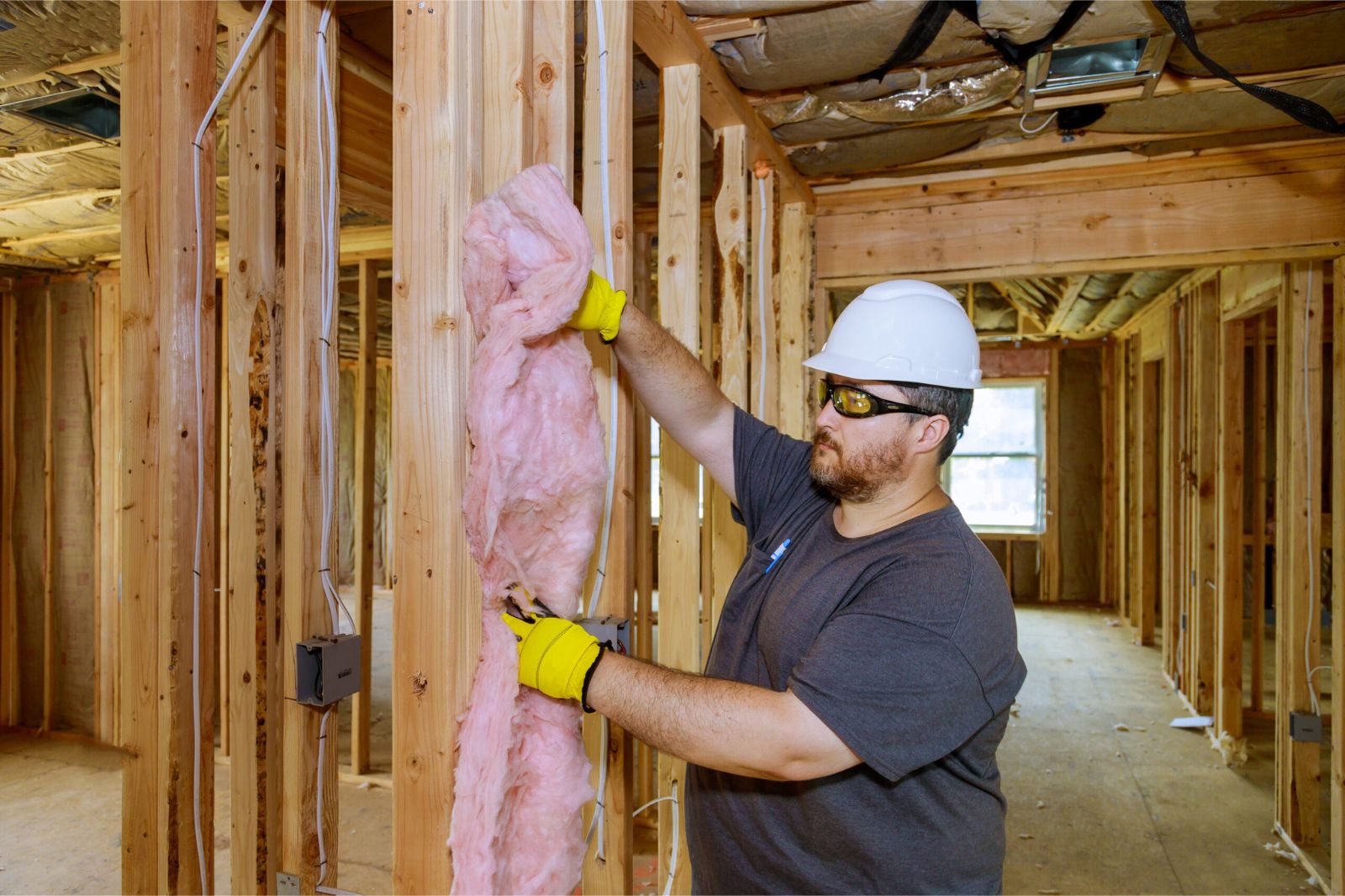
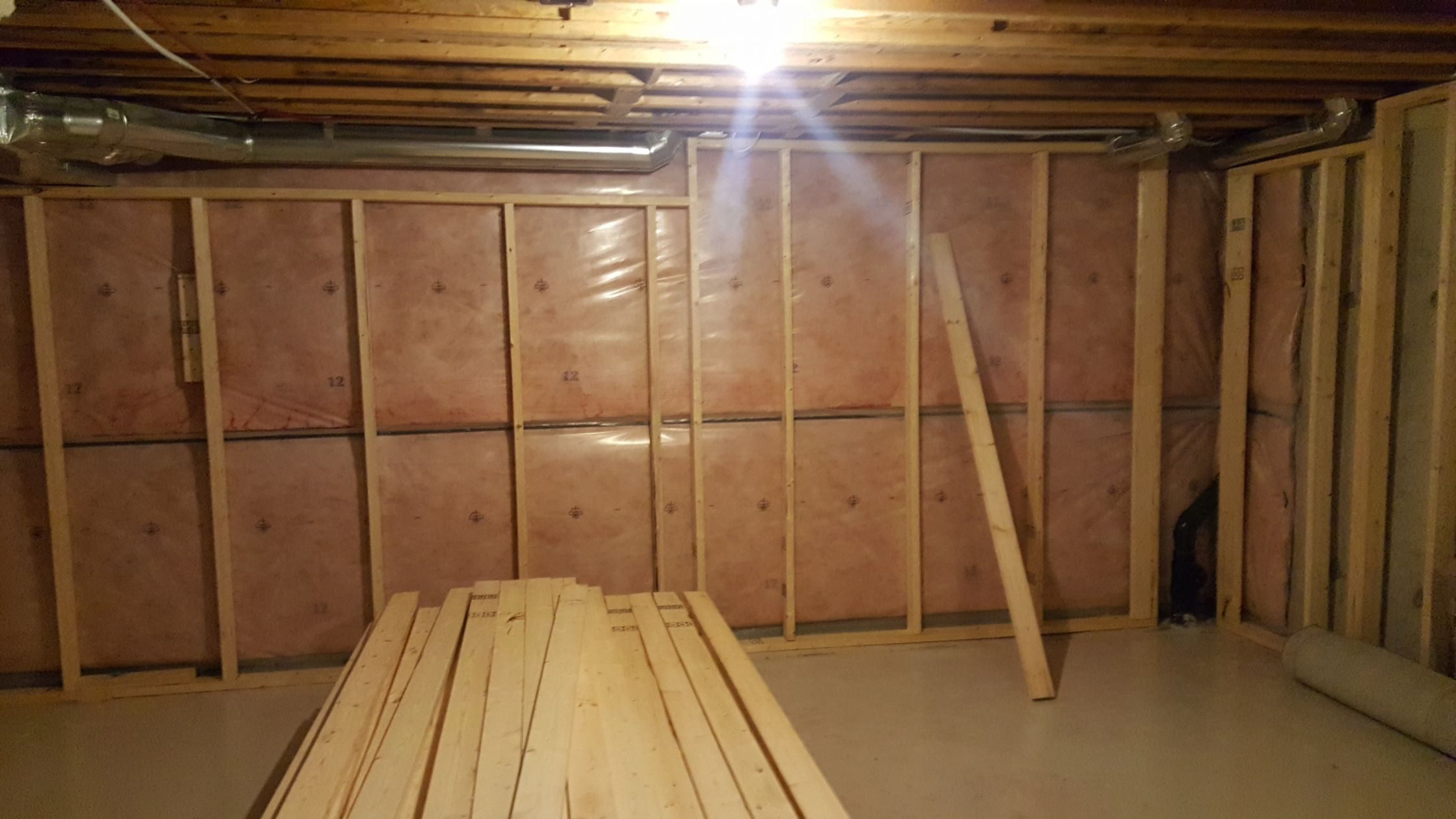
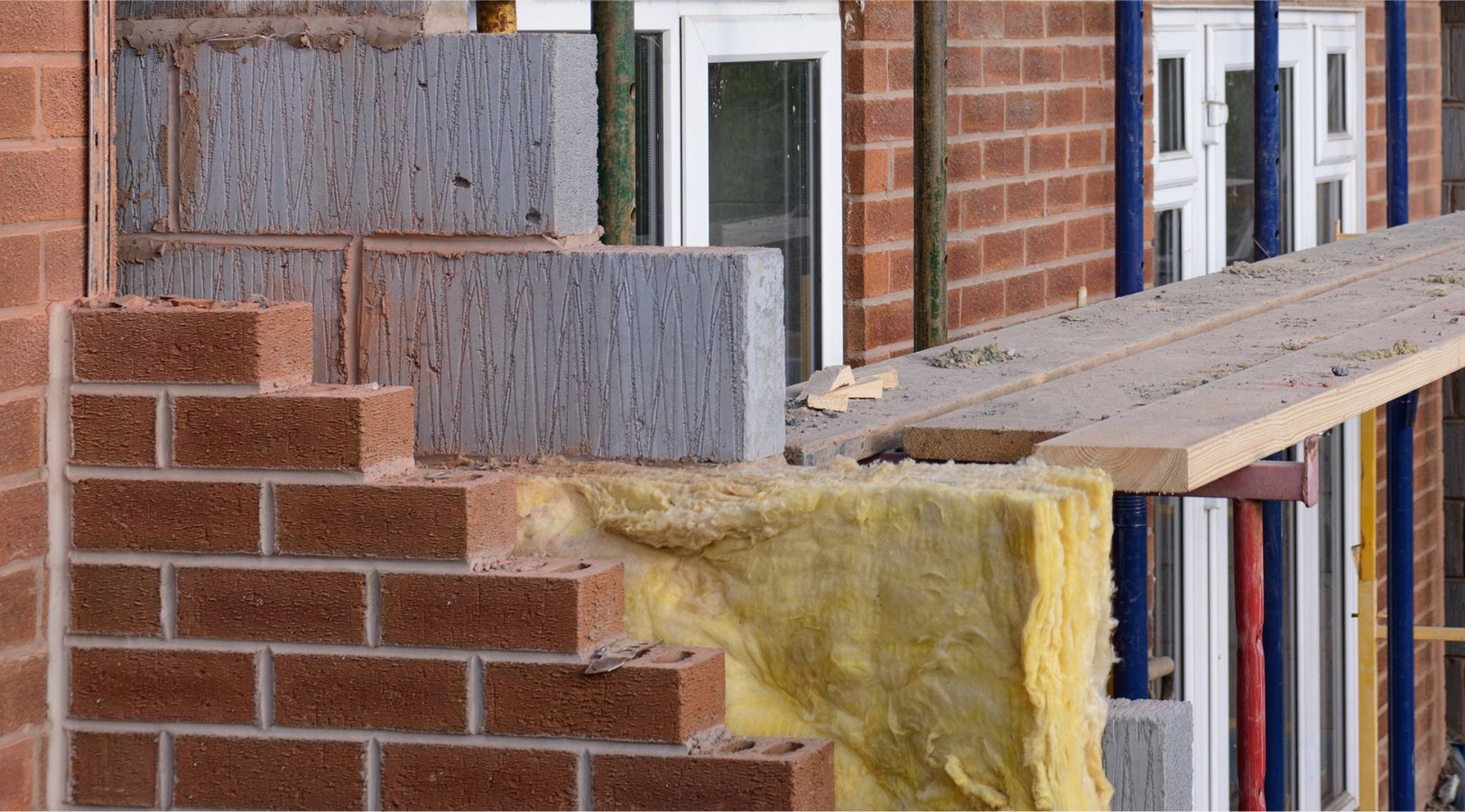
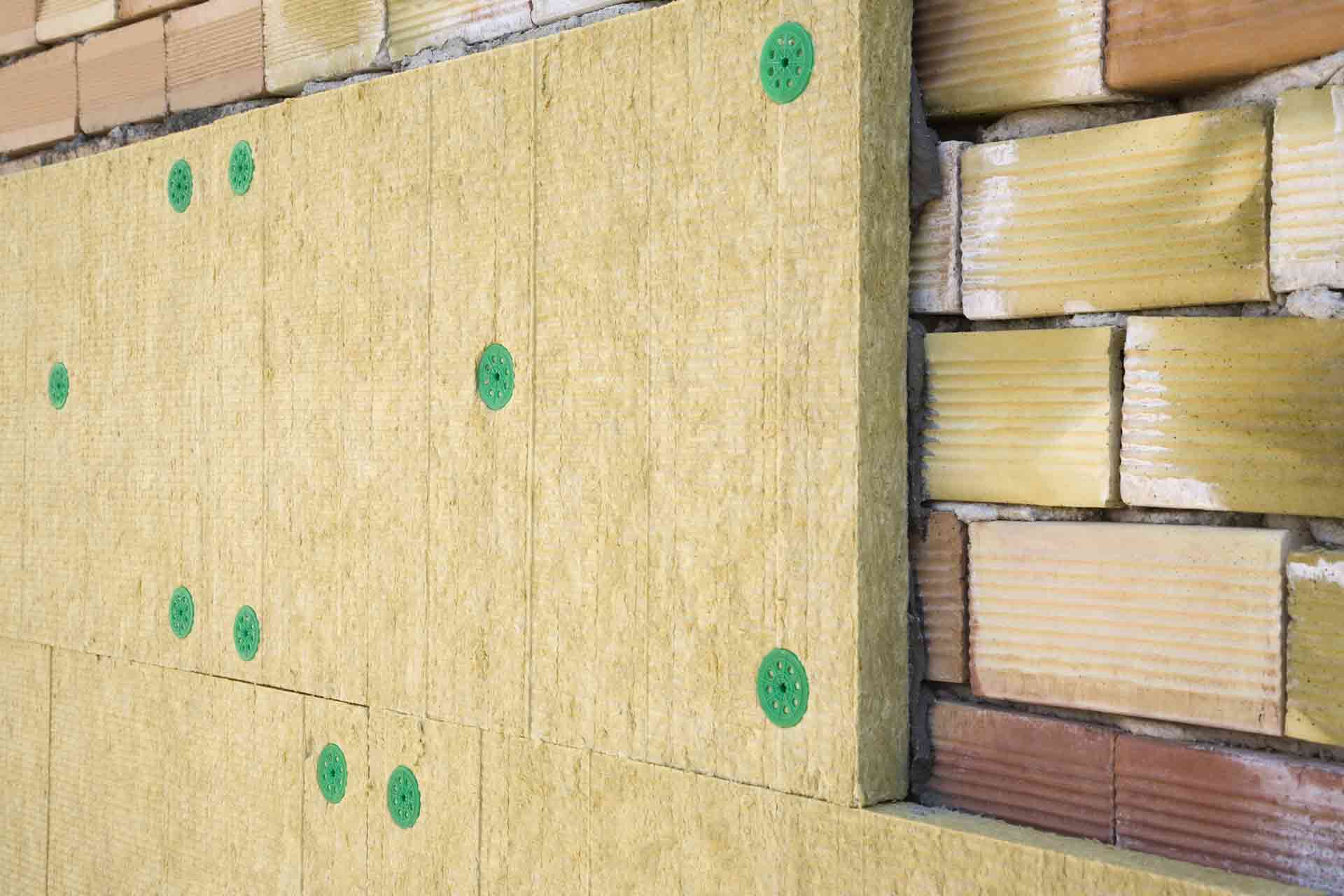
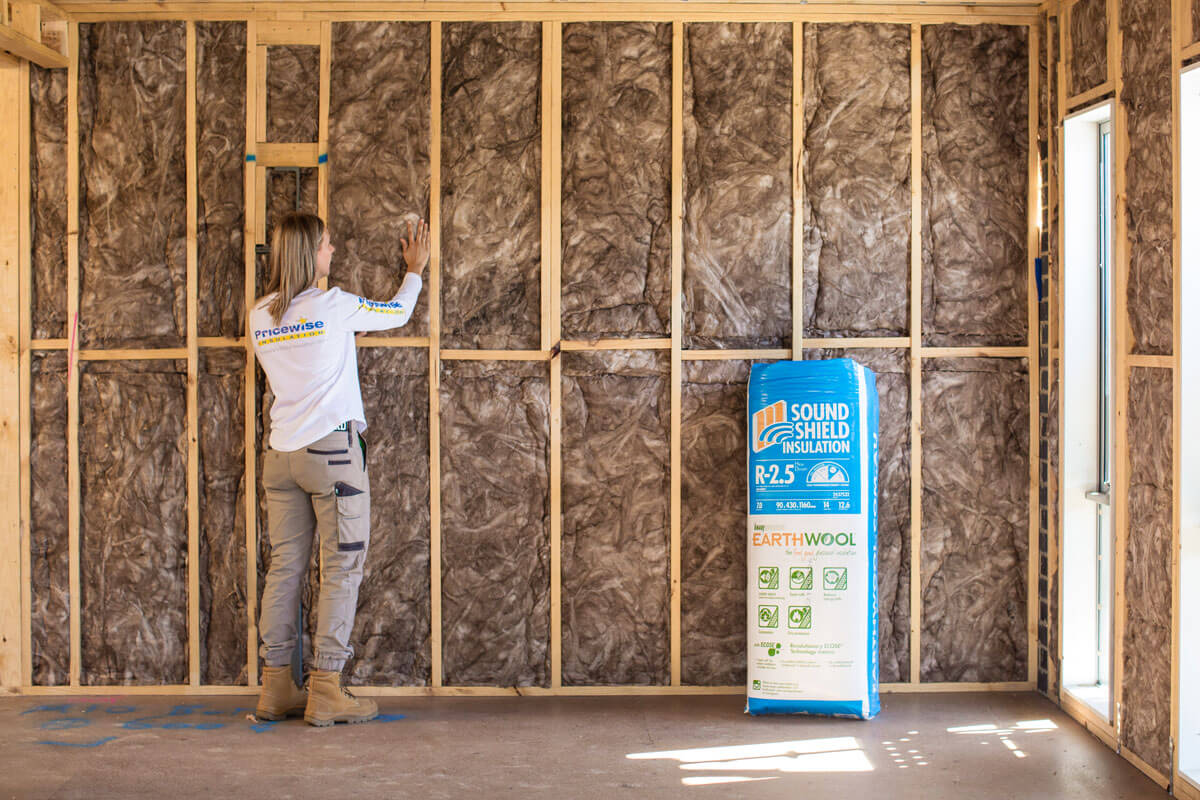
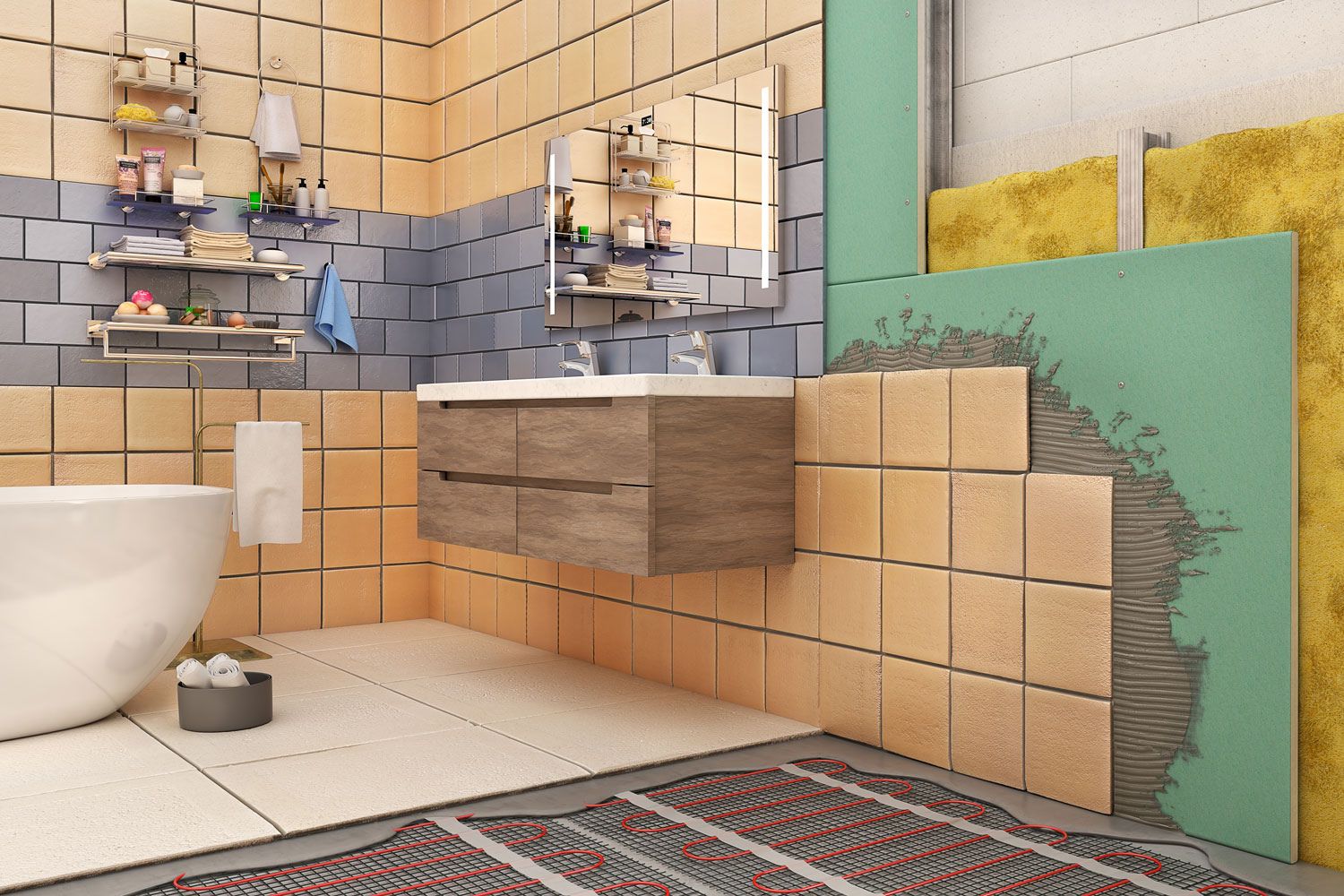
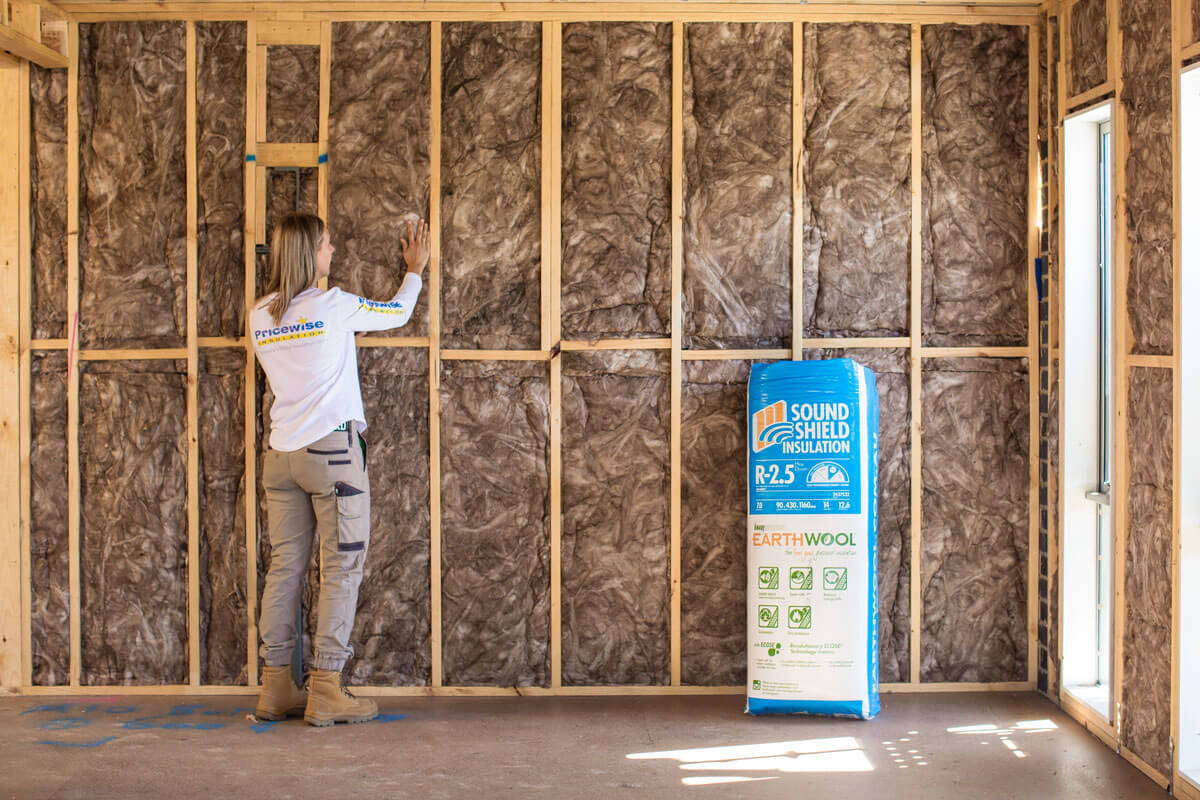
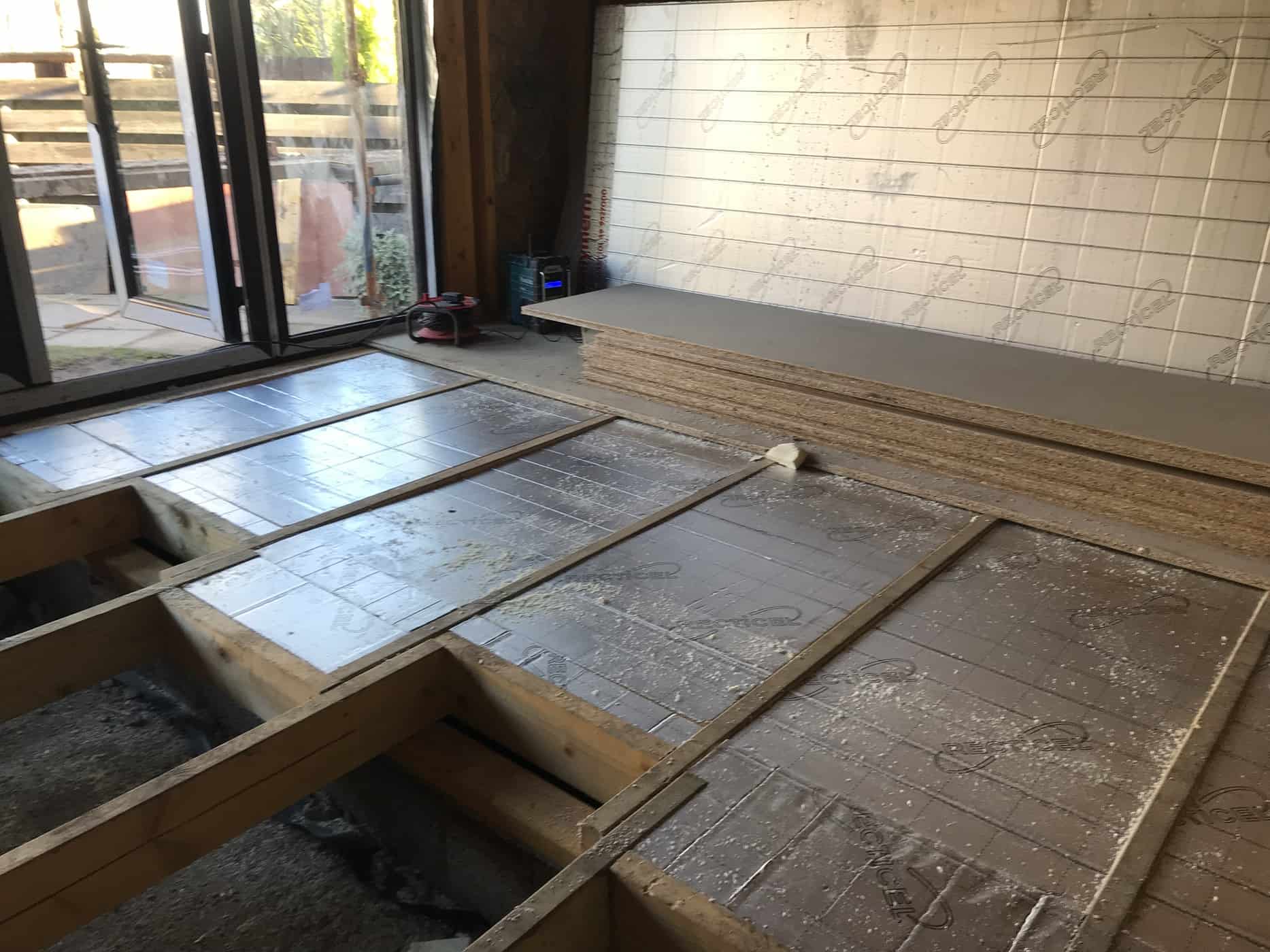
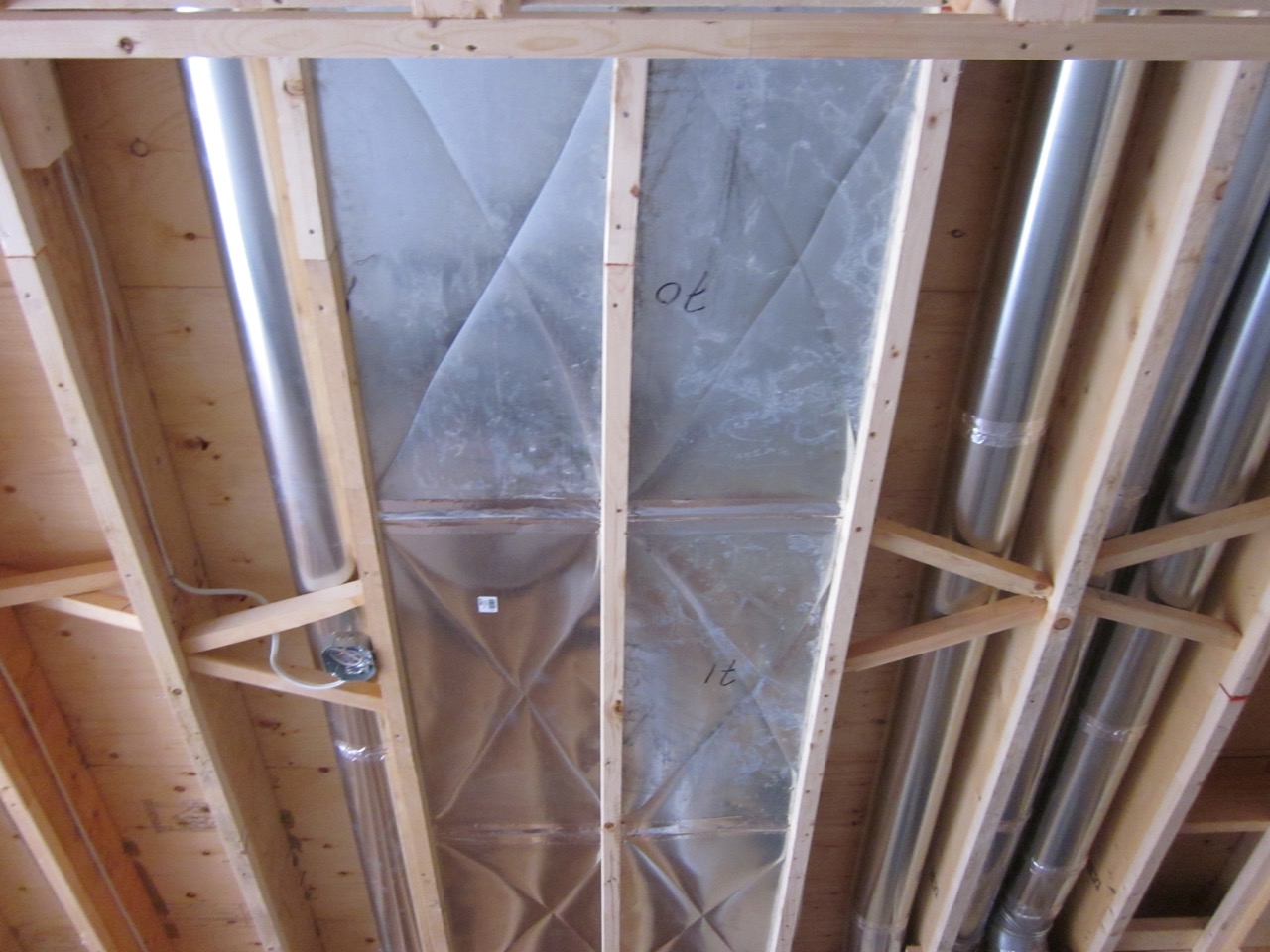
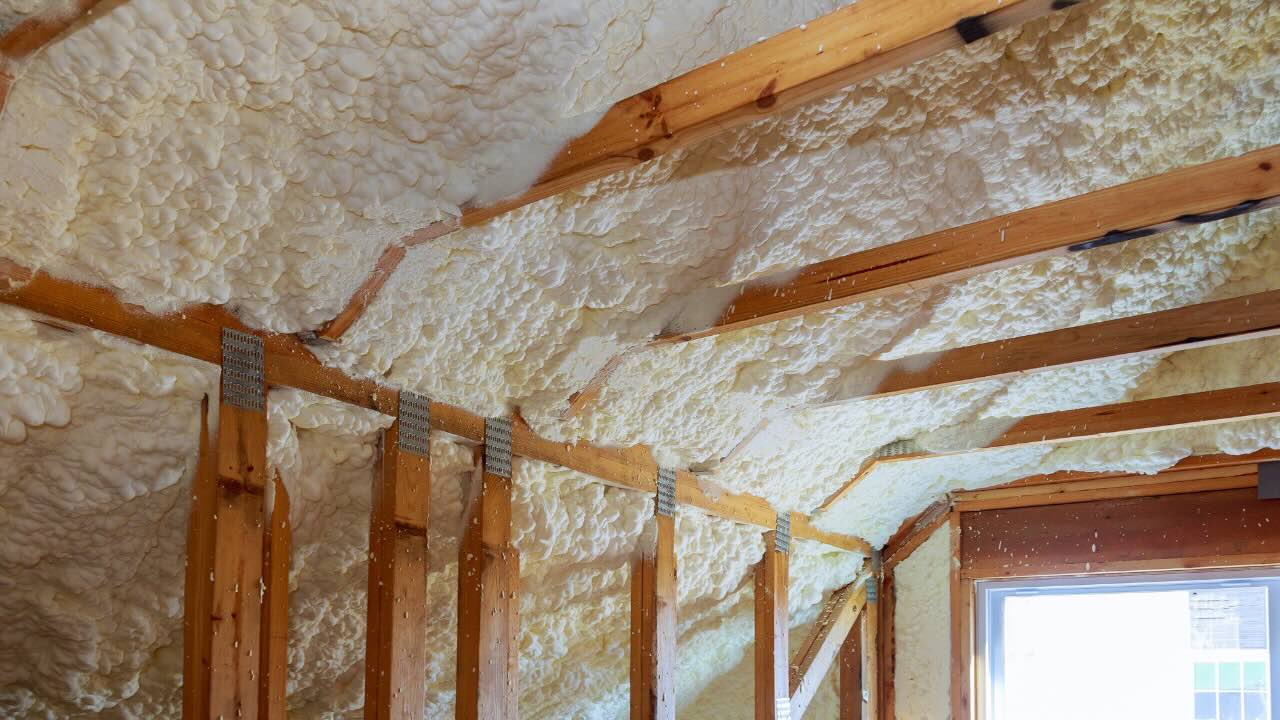
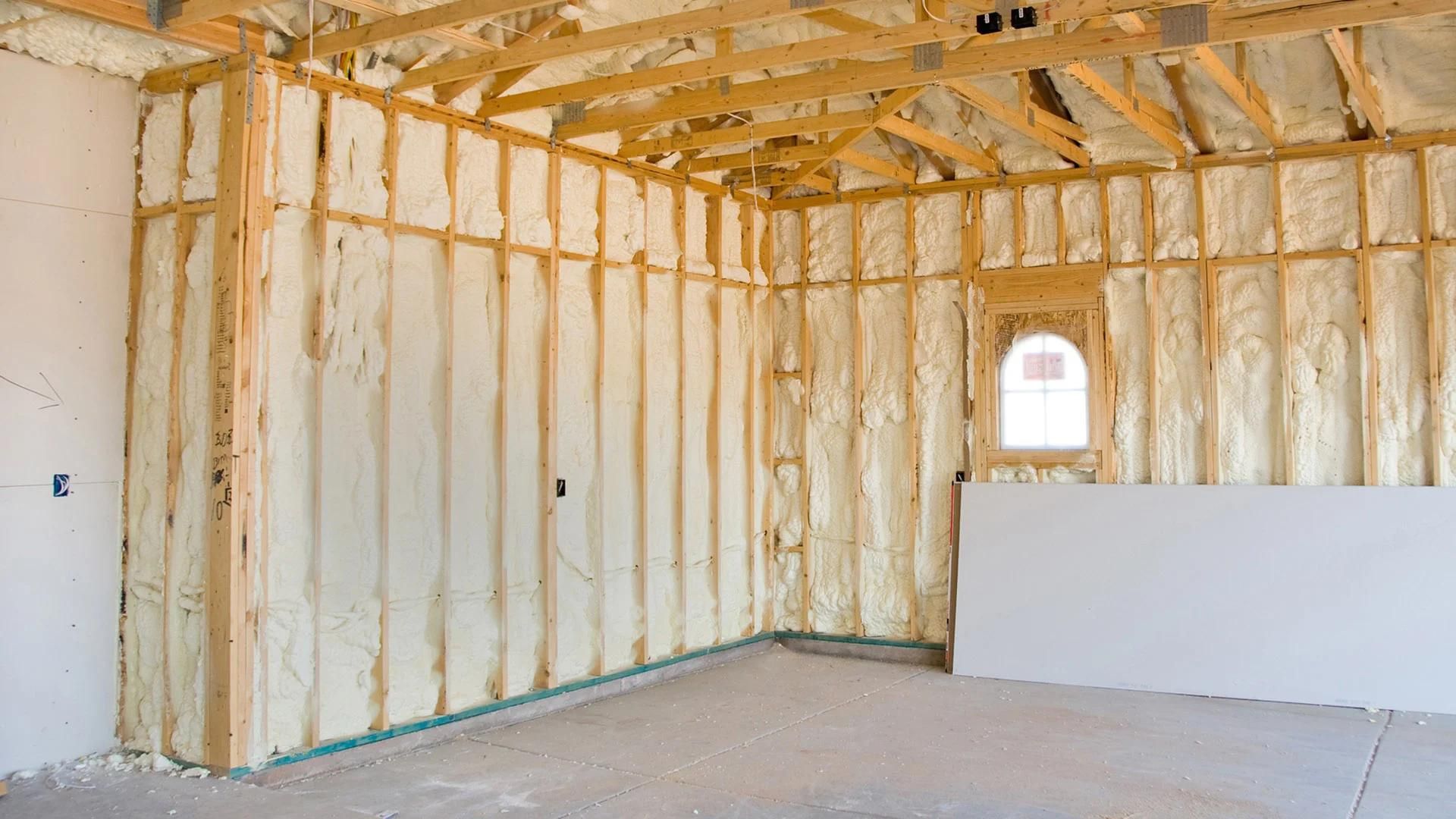
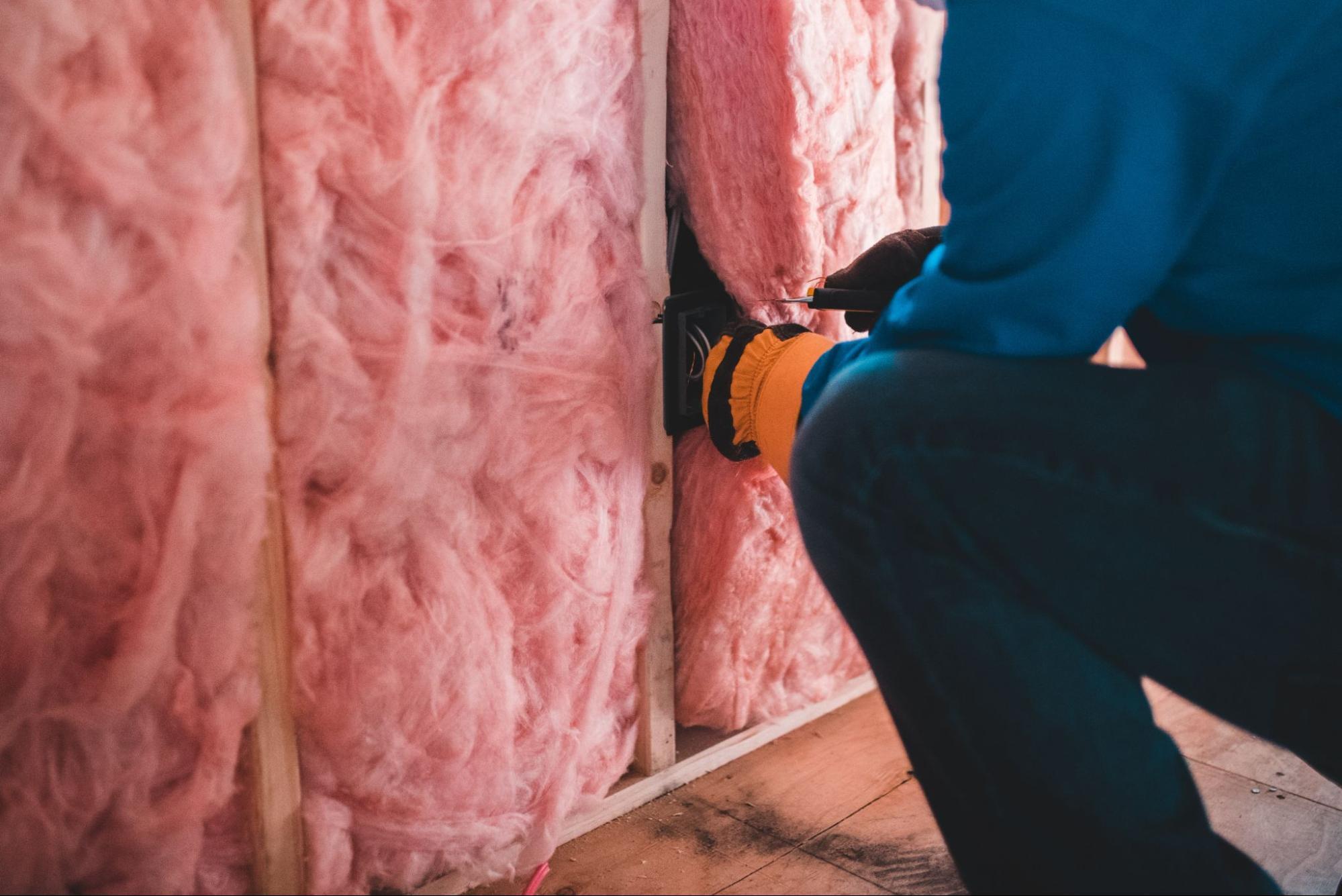
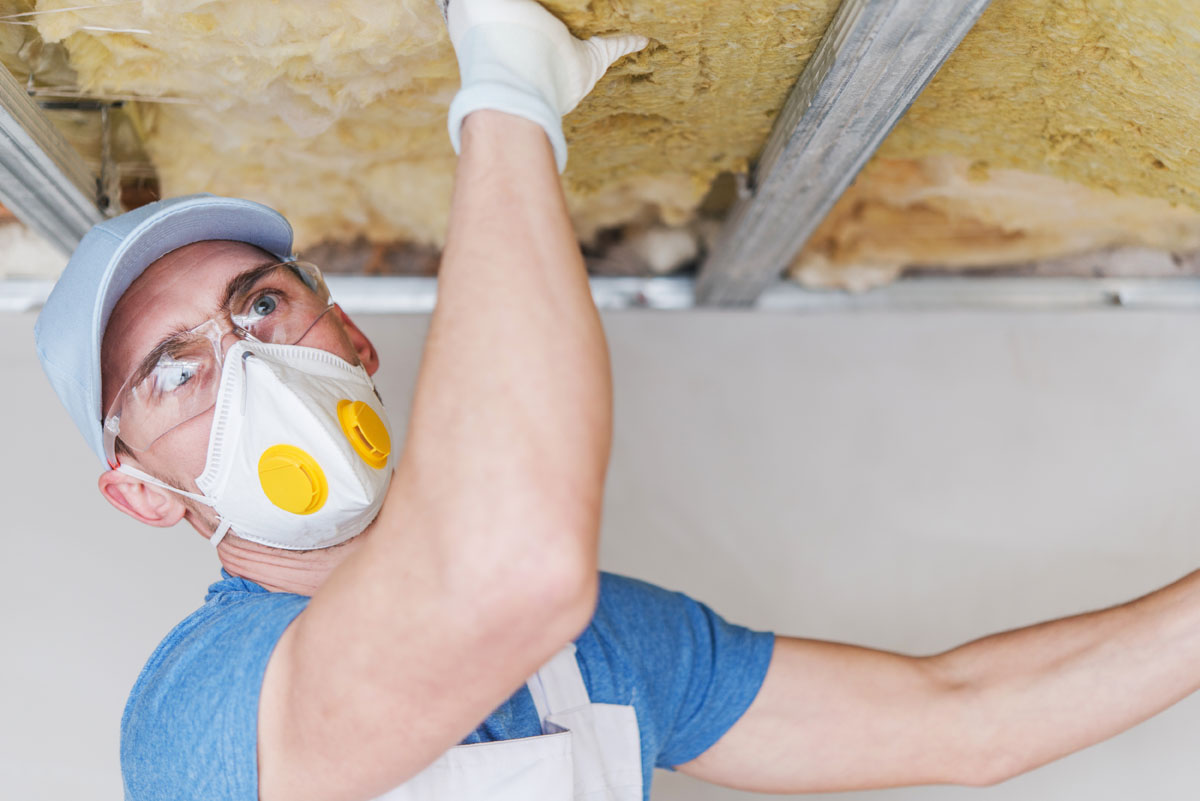
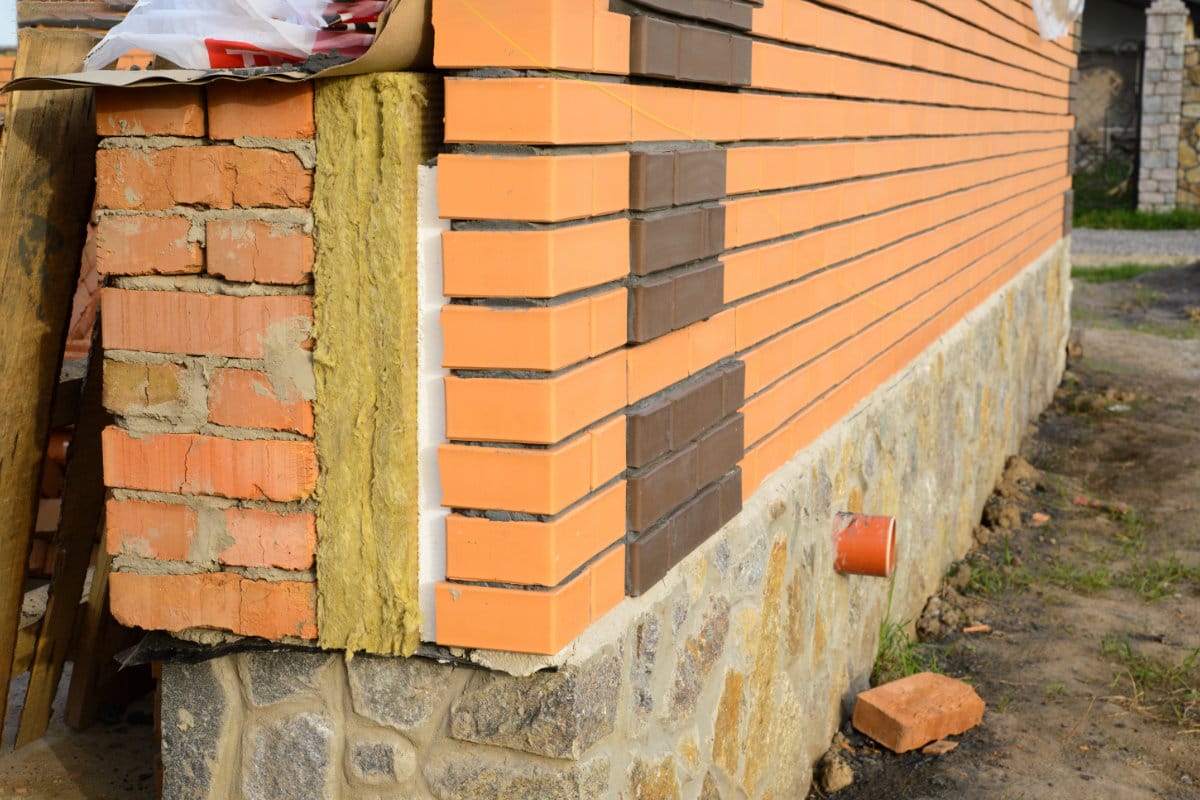

0 thoughts on “What Insulation Is Best For Garage Walls”